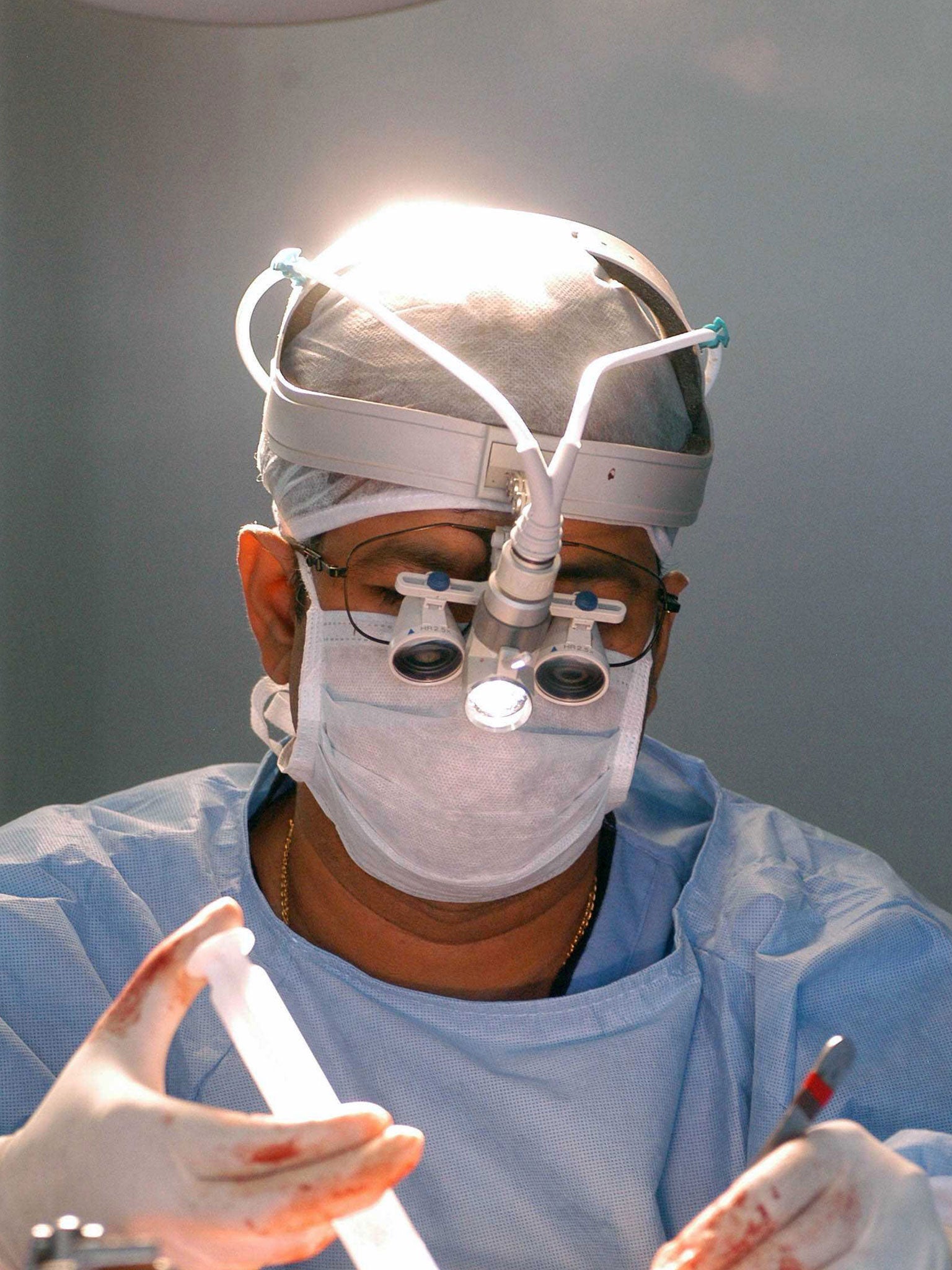Britain’s reliance on foreign health staff blamed for crisis in poor countries
Migration of workers is so great that ‘its impact cancels out the benefits of international aid’

Your support helps us to tell the story
From reproductive rights to climate change to Big Tech, The Independent is on the ground when the story is developing. Whether it's investigating the financials of Elon Musk's pro-Trump PAC or producing our latest documentary, 'The A Word', which shines a light on the American women fighting for reproductive rights, we know how important it is to parse out the facts from the messaging.
At such a critical moment in US history, we need reporters on the ground. Your donation allows us to keep sending journalists to speak to both sides of the story.
The Independent is trusted by Americans across the entire political spectrum. And unlike many other quality news outlets, we choose not to lock Americans out of our reporting and analysis with paywalls. We believe quality journalism should be available to everyone, paid for by those who can afford it.
Your support makes all the difference.Britain has been guilty of fuelling a “brain drain” of health workers from some of the world’s poorest countries that threatens to reverse gains in global disease control, a leading charity has warned.
Rich countries collectively save billions of pounds every year by taking on doctors, nurses and midwives who were trained overseas, said a report by Health Poverty Action (HPA).
One of the main destinations has been the UK. About a third of doctors registered with the General Medical Council (GMC) were trained abroad, and more than a quarter were trained outside Europe. The charity said that in some cases the impact of migration on health workers’ home countries was so great that it cancelled out the benefits gained from international aid from wealthier nations.
Africa is hardest hit, with only 3 per cent of the world’s health workforce practising on a continent that carries almost a quarter of the world’s total disease burden, the charity said.
Martin Drewry, the director of the HPA, said yesterday: “There is already a global shortage in health workers, and unless we take urgent action, it will get worse.”
The World Health Organisation has estimated there is an international shortage of around four million healthcare workers.
Demand for staff, coupled with higher wages and better quality of life, have been major pull factors attracting healthcare workers to the UK from countries such as India, Pakistan, Nigeria and Ghana for decades. “The NHS has a long history of recruiting doctors from overseas to fill gaps in vital specialties, such as emergency-care medicine,” said a spokesperson for the British Medical Association. “These make a valuable contribution to patient care.”
It costs just under £270,000 to train someone to junior doctor level. The cost of training the more than 60,000 international medical graduates on the GMC register to junior doctor level would be about £17bn. Nearly 85,000 nurses and midwives working in the UK were trained overseas – around one in every seven.
NHS employers pledged in 2001 to refrain from “active recruitment” of health professionals in developing countries. But Health Poverty Action said that more must be done to compensate poorer countries for the impact of losing so many key workers.
The warning comes in the wake of a report, commissioned by the Government, into the impact of abuse of the NHS by migrants. It was estimated that the UK could save £500m a year by reclaiming money owed from patient’s home countries.
The number of actual “health tourists”, those who come to the UK with the intention of getting free healthcare they are not entitled to, was estimated to be as low as 5,000 and at most 20,000, and the cost of such activity was estimated to be between £60m and £80m.
While healthcare professionals are flocking here, many home-trained GPs are going in the opposite direction. Increased workloads and poorer wages are thought to be to blame, with most GPs leaving for Canada, Australia and New Zealand.
Join our commenting forum
Join thought-provoking conversations, follow other Independent readers and see their replies
Comments